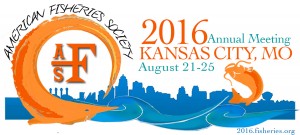

Call for Symposia Proposals for the 2016 Annual Meeting in Kansas City
Online submission for symposia proposals is now open for the 146th Annual Meeting of the American Fisheries Society in Kansas City, Missoui, August 21-25, 2016.
American Fisheries Society Family of Websites:
Read our five journals and Fisheries magazine
Find thousands of unpublished agency reports and other information
Join us in Honolulu in 2024
Find an AFS Unit near you or in your area of specialty
Learn how to communicate the effects of climate change on fisheries
Summer internships for high school students
Explore our initiatives to increase diversity in the Society and in the fisheries profession
Find fisheries science products and services
Quick answers to common questions


Online submission for symposia proposals is now open for the 146th Annual Meeting of the American Fisheries Society in Kansas City, Missoui, August 21-25, 2016.
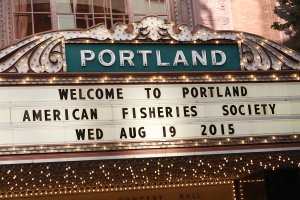

https://vimeo.com/139751591 Check out all of the photos from the 2015 AFS Annual Meeting in Portland, Oregon, along with videos of the Plenary Session (Part 1 and
The fisheries community has long recognized that fisheries management should consider interconnections between fishing, fished species, and the well-being of humans and the marine environment.
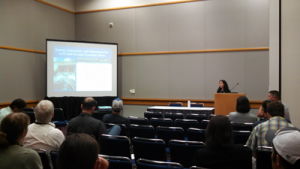

Aquatic barriers have contributed to the decline of numerous aquatic species throughout the United States by fragmenting habitats. Although natural resource managers work diligently to
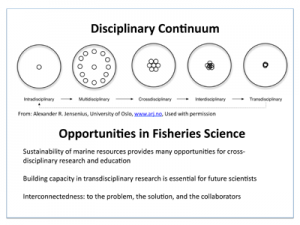

Our symposium consisted of 12 talks encompassing examples of transdisciplinary science from Alaska to the Caribbean and suggestions, examples, and critiques of educational opportunities for
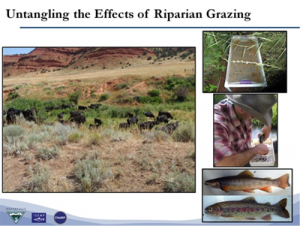

Sponsors: USDA Forest Service, NOAA, Trout Unlimited Despite outcry over the detrimental effects of overgrazing by livestock on riparian habitats and endangered fish, grazing remains
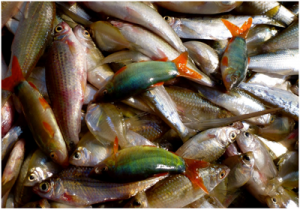

Sponsors: Australian Centre for International Agricultural Research, South East Asian Fisheries Development Centre The Mekong is one of the most unique and fascinating river systems
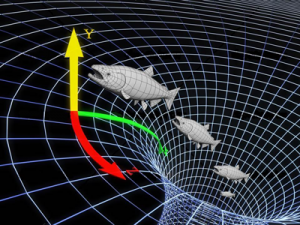

Unlike the “real world,” simulation models provide experimental systems where the outcomes of various assumptions can be examined to help inform management decisions. Given the
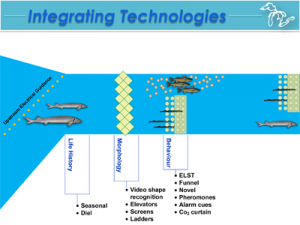

Sponsor: Great Lakes Fishery Commission Increasing connectivity into and within rivers can benefit fishes by providing access to important habitats. Deliberate fragmentation of rivers can
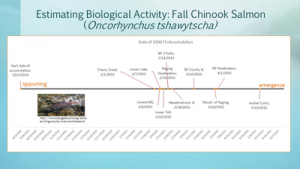

Temperature is a critical component of freshwater ecosystems, influencing a wide range of phenomena from phenology of individuals to interactions within aquatic communities. This symposium

